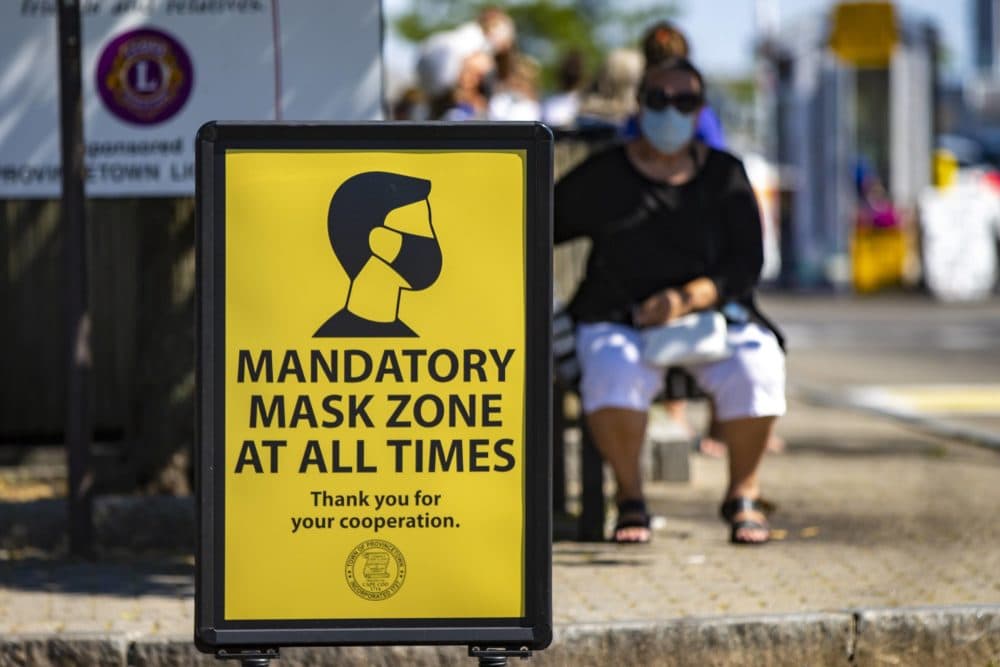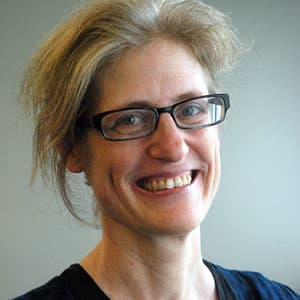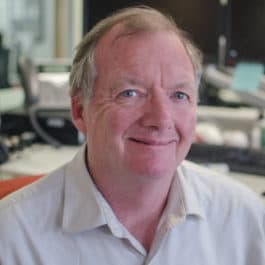Advertisement
Coronavirus Coverage
What The 'Designated Driver' Campaign Could Teach Us About How To Handle The Pandemic
Resume
During the pandemic, almost everything seems to be a struggle. Among the challenges for public health professionals: getting people to take precautions.
Jay Winsten was the architect of the U.S. "Designated Driver" campaign that focused on shifting the culture of drinking and driving — which contributed to a sharp decline in alcohol-related traffic fatalities and injuries.
Winsten, now the director of the Initiative on Communication Strategies for Public Health at the Harvard T.H. Chan School of Public Health, says effective public health communication is crucial to get people to change their behavior.
He joined WBUR's Weekend Edition to discuss. Read highlights from the extended interview below.
Interview Highlights
On the challenge of reaching people where they are, to convince them the COVID-19 vaccine is safe:
“It's not simply about who the right spokespersons should be for different segments of the population, but how are those spokespersons going to frame the message? And is there going to be qualitative research — and quantitative — to understand how different segments of the population are likely to respond.”
On the difficulty of conducting an effective public health information campaign during the pandemic:
“Everything is on a very, very short timeline. We almost have to set up the mechanisms long in advance so that they can be called upon when there's a crisis. You almost want to invent a brain trust that hasn't existed before, and it's on call for situations like this as [they] arise. What I'm interested in is doing, at some point, is a debrief on how things have gone from the communications point of view with COVID-19 — to examine what could have been done differently at each particular key moment in time and then to make recommendations that ... could also be applied immediately with regards to vaccination hesitation."
On what actually works and what doesn't work in getting people to change behavior with public health messaging:
“The first thing that’s crucial is consistency of the message. You can’t have conflicting messages, as we have had in the current situation as a consequence of politics … especially when you had the president of the United States disagreeing publicly and emphatically with his public health experts on some key issues. Without that consistency, you're not going to get the level of behavior change to be disseminated through the whole population that you're going to need. You also need transparency. You need to really be candid about what you know and what you don't know. And that comes in handy when you need to change your recommendations.”
On how the Designated Driver campaign became so successful:
"With our Designated Driver campaign ... there were only three television networks. There was no cable. There was no social media. You could reach everyone on any given evening. ... We did the research to figure out what formulation of our urging people to choose a designated driver was likely to resonate with a large proportion of the population. [In focus groups], we learned that what was crucial is that the designated driver not be positioned in advertising as, you know, the party pooper, the person who was out of the loop, who was throwing a wet towel ... on the evening. Rather, [they] had to be positioned as an integral, important and popular member of the social group — that they were each taking their turn, protecting their friends. [And] we were also able to go to Hollywood. Over 160 primetime TV episodes depicted the use of the designated drivers right in the scripts and storylines: "Cheers," "L.A. Law" and "The Cosby Show." And that kind of thing really has not been done very much over the past year."
On the lack of public health messaging through social media during the pandemic:
“It's not just about pushing out a message any longer. It's about two-way and multi-way communication. And one of the challenges for public health professionals is to make sure we stay a part of the conversation because it can easily go on without us, and it sometimes does. Everything is in such an urgent rush now that I worry that even with the large amounts of money that are going to be spent by the private sector and the federal government on the communication side around vaccination, that the research is going to get short shrift. And therefore the impact of the communications will be compromised as a result."
"We're going to have to do the best we can respecting people's rights to listen to who they choose to listen to and to believe who they choose to believe. That's called freedom. And we simply have to get through to them in ways that we haven't figured out yet, to get them to listen to what we're trying to say. And we have to learn to listen to what they're trying to say. Because if it's not a two-way street, we're not respecting each other, we're not understanding each other, and we're not going to succeed."
On the direction from the Biden administration:
“A key thing that gives me hope is [that] we're going to have consistency of message out of the federal government, starting at the very top and including [that] the public health experts are going to be able to say what they believe based upon research and knowledge. And that's a crucial change in terms of the messaging environment. Nothing could happen to improve things without that. And so I'm guardedly optimistic."

